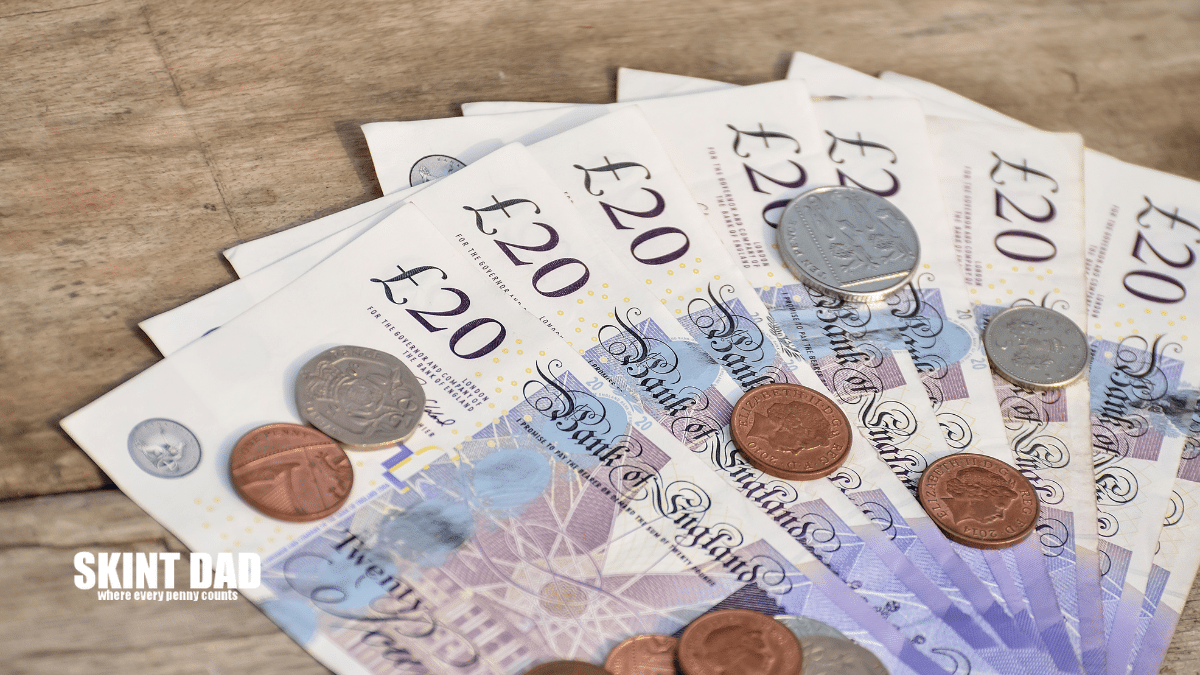
A mate of mine nearly got caught out recently. He got a message from someone he thought was his boss, asking him to nip out and grab some gift cards for staff rewards.
The message sounded urgent, and because he didn’t want to let anyone down, he went straight to the shop. Luckily, he double-checked before handing over the codes – and found out it was a scam.
Others aren’t so fortunate and lose hundreds of pounds in minutes.

£10 sign up bonus: Earn easy cash by watching videos, playing games, and entering surveys.
Get a £10 sign up bonus when you join today.
Gift cards are meant for birthdays, Christmas, or a little treat. But for scammers, they’re a quick way to steal cash that’s almost impossible to trace.
Once they’ve got the code, the money can be spent or sold on instantly.
Trading Standards and consumer groups have seen more of these scams across the UK. Here’s how they work – and what you can do to protect yourself.
How gift card scams work
Scammers nearly always rely on panic or pressure. They might pretend to be a friend in trouble, a boss in need of a favour, or even HMRC chasing “tax debt”.
The victim is told to buy gift cards and share the codes. By the time they realise, the funds are long gone.
Fake emails from friends or colleagues
Fraudsters often hack or spoof email accounts so their messages look genuine. Victims get a message that seems to come from a familiar contact, asking them to buy gift cards urgently.
One worker was tricked into spending £600 on Apple cards after receiving what looked like a request from their manager. In reality, it was a scammer pulling the strings.
Bogus offers and competitions
Another common trick is fake posts on social media offering free or heavily discounted gift cards. The links lead to dodgy websites that either steal your details or install malware on your device.
Even if a site admits it’s “not connected” to the brand, it doesn’t make it trustworthy. If the deal looks too good to be true, it almost certainly is.
Job scams
Some scams are disguised as job opportunities. You might be approached about a mystery shopper role where you’re asked to buy gift cards as part of the job.
Once you share the codes, the scammer disappears and you’re left out of pocket. Genuine employers don’t ask you to pay upfront or purchase anything before you’ve even started work.
Gift card draining
This one happens before you’ve even bought the card. Fraudsters copy numbers from cards left on racks in shops, then wait until money is loaded onto them.
As soon as the card is activated, they drain the balance. Others use technology to test combinations of numbers and PINs until they get lucky.
One victim found their One4All card empty before they’d had the chance to use it.
How to protect yourself
The number one rule is simple: gift cards are for gifts, not payments. No genuine company, government body, or charity will ever ask you to pay this way.
To stay safe:
- Only buy gift cards for people you know and trust.
- Double-check any unusual request, even if it appears to come from someone you know. Call them directly before taking action.
- Be cautious of online offers for free or cheap gift cards – they’re almost always scams.
- If you’re buying a gift card in a shop, check the packaging hasn’t been tampered with. Scratches, tears, or reseals are warning signs.
What to do if you’ve been scammed
If you’ve been caught out, act quickly.
- Contact the gift card company straight away to see if they can block the card.
- Call your bank on 159 to let them know what’s happened.
- Report it to Action Fraud at reporting.actionfraud.police.uk or on 0300 123 2040. In Scotland, call the police on 101.
- Citizens Advice can also help – phone them on 0808 223 1133.
Skint Dad says
“Scammers thrive on panic and pressure. The moment someone tells you to pay with a gift card, it’s a scam – no ifs, no buts. These cards are for treats, not bills, and the more people know that, the harder it is for the fraudsters to win.”




